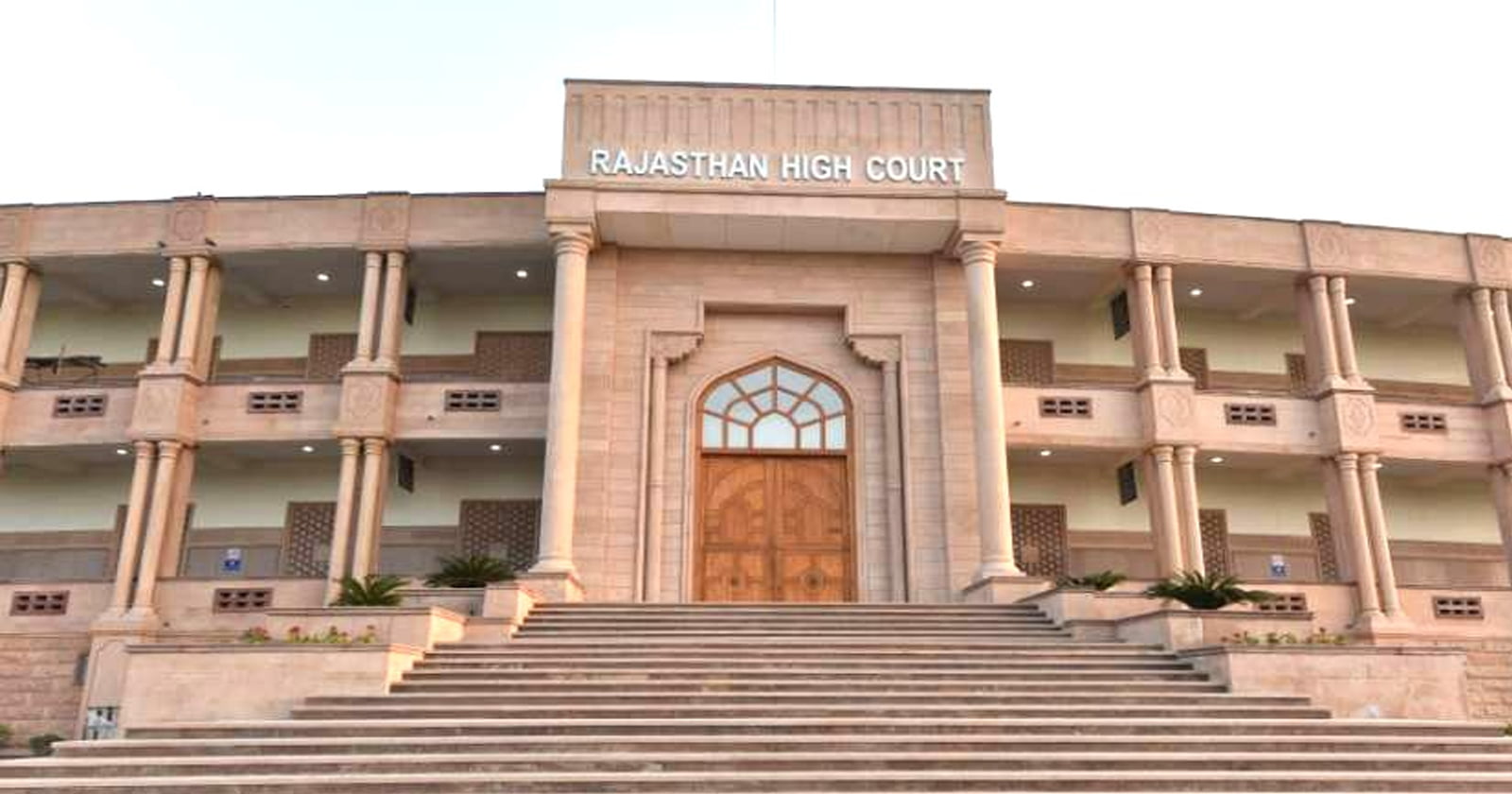“Non-submission of physically signed and scanned declarations may only be an irregularity, but not an illegality”: Rajasthan HC allows GST Refund Claim

The Rajasthan High Court stated that if declarations, as in the present case, are digitally authenticated in the manner prescribed under Rule 26 of the CGST, non-submission of physically signed and scanned declarations may only be an irregularity, but not an illegality.
This judgement has far-reaching implications and is a significant relief for taxpayers who have been facing issues in obtaining refunds due to technical errors. The judgement also clarified the legal position with regard to digitally signed documents and their admissibility in the refund process.
The Principal Commissioner had observed that a refund sanctioned in December 2020 was not legal and proper to the extent of Rs. 14,30,110/-. This was due to the requisite declarations and undertakings not being duly signed, as per Master Circular No. 125/44/2019-GST dated 18.11.2019, although such documents were digitally signed.
Pursuant to review reference order dated 19.07.2021, the respondent-department filed appeal under Section 107 of the Central Goods and Services Tax Act, 2017 on the ground that the Adjudicating Authority has erred in sanctioning refund claim to the petitioner.
The Additional Commissioner (Appeals), CGST, Jaipur, the claim of refund and the order passed by the Adjudicating Authority allowing the refund has been held to be not legal and correct mainly on the basis that scanned copies of declarations and undertakings which were uploaded as attachments with Form GST RFD-01 submitted electronically through common portal, but the taxpayer/writ petitioner, due to oversight failed to physically sign those declarations and undertakings before scanning and attaching with Form GST RFD-01.
Preetam Singh with Govind Purohit, the counsel for the petitioner would submit that it is an undisputed fact that all the documents including the declarations and undertakings attached to GST RFD-01 were digitally signed.
However, even though there is no requirement of the rule that it should be separately signed in physical mode also before uploading and submitting through electronic mode, by administrative instructions, such a requirement has been introduced and not only that, the same has been made basis to reject the claim of the petitioner.
Ajay Shukla represented the Respondent-Revenue and submitted that, “even if it may not be the requirement of the rules to upload physically signed scanned declarations and undertakings along with GST RFD-01, vide Circular No. 125/44/2019-GST dated 18.11.2019
(Annexure-10), it has been clearly provided that the declarations appended with the refund application are required to be physically signed before they are scanned and uploaded through electronic mode on the portal.”
The Division Bench of Rajasthan High Court observed that, “A conjoint reading of the provisions contained in Rule 26 and Rule 89 of the CGST Rules of 2017 leaves no manner of doubt that as far as requirement of law is concerned, it does not mandate that even after having authenticated a document in the manner prescribed under Rule 26 of the CGST Rules of 2017, insofar as declarations (as sought in the present case) are concerned, they are also required to be signed in physical mode before being scanned and uploaded through electronic submission along with the application for refund.”
The court further stated that the impugned order rejecting the claim of refund and depriving the petitioner of the refund to which it may be entitled, without any authority of law, cannot be allowed to be sustained. Administrative instructions cannot bar the claim of refund if the legal requirements, as contained in the law, are fulfilled.
The Bench of Acting Chief Justice Manindra Mohan Shrivastava and Justice Anil Kumar Upman thus held that, “impugned order rejecting claim of refund and depriving the petitioner of the refund to which it may be entitled, without any authority of law, cannot be allowed to be sustained”, allowing the refund claim of the assessee.
To Read the full text of the Order CLICK HERE
Support our journalism by subscribing to Taxscan premium. Follow us on Telegram for quick updates
Medicamen Biotech Limited vs Union of India , 2023 TAXSCAN (HC) 774 , Mr. Preetam Singh, Mr. Govind Purohit , Mr. Ajay Shukla

